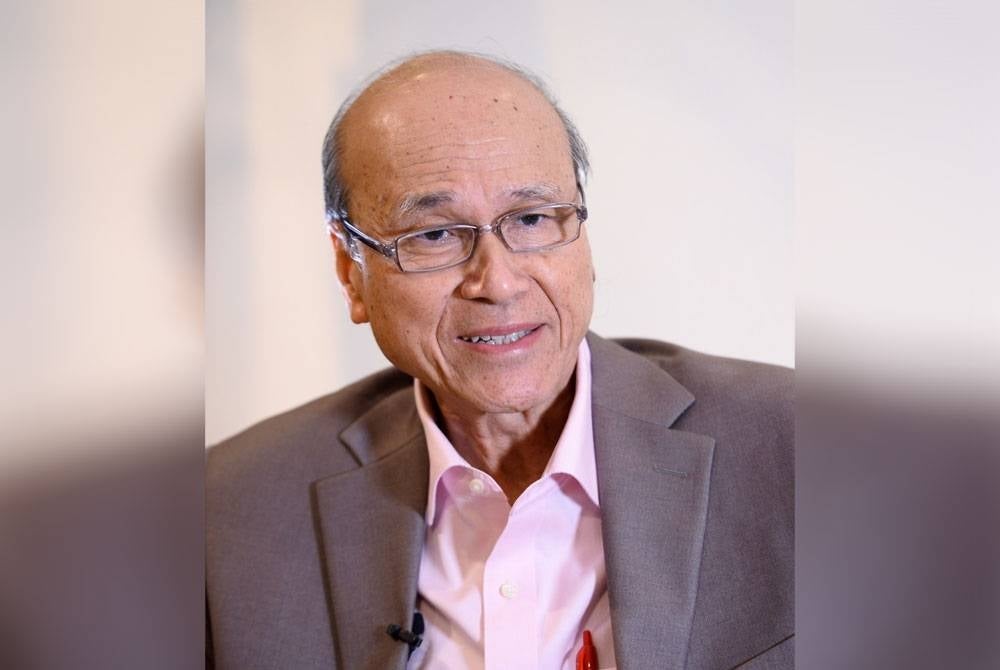Malaysia's healthcare system needs attention, not nurses' clothing - Lam Thye
ROSKHOIRAH YAHYA
SHAH ALAM – Malaysia's nurse-to-patient ratio of 1:300, compared to 1:113 in developed countries, indicates a lag in the country's healthcare system.
Social activist, Tan Sri Lee Lam Thye, stressed the need to address this issue when discussing the challenges nurses face, rather than focusing on their attire.
He expressed concern that the increasing workload overwhelms nurses, making their schedules more demanding than their uniforms.
"Even in 2023, when children are taught not to judge a book by its cover or a person by their appearance, there are still individuals in Parliament who assess Malaysia's healthcare based on nurses' clothing."
"Somehow, the attire of nurses is seen as having an impact on the country's healthcare situation," he said in a statement on Tuesday.
Kuantan MP Wan Razali Wan Nor raised concerns about the deployment of female nurses in government clinics and hospitals, suggesting that their attire was inappropriate and did not align with Islamic principles.
During a session in the Dewan Rakyat while debating the Health White Paper proposal, he claimed that many female nurses in government healthcare institutions wore Western-style tight-fitting clothing that revealed their body shape, which he believed contradicted Islamic standards.
Wan Razali then urged the Health Ministry to review the dress code for female nurses, including considering flexibility for clinics and hospitals to determine appropriate attire.
Highlighting that nurses are a crucial pillar of Malaysia's healthcare system, Lee highlighted the need to prioritise the welfare and career advancement of nurses in the country.
"In Malaysia, we should prioritise the well-being and career growth of nurses.
"This requires careful consideration to foster a greater sense of dedication among Malaysian nurses in serving the people.
"I hope our ministers focus more on addressing real issues affecting people's lives rather than fixating on clothing matters.
"Sometimes, a standard uniform is more essential than them wearing suits and shirts," he added.











